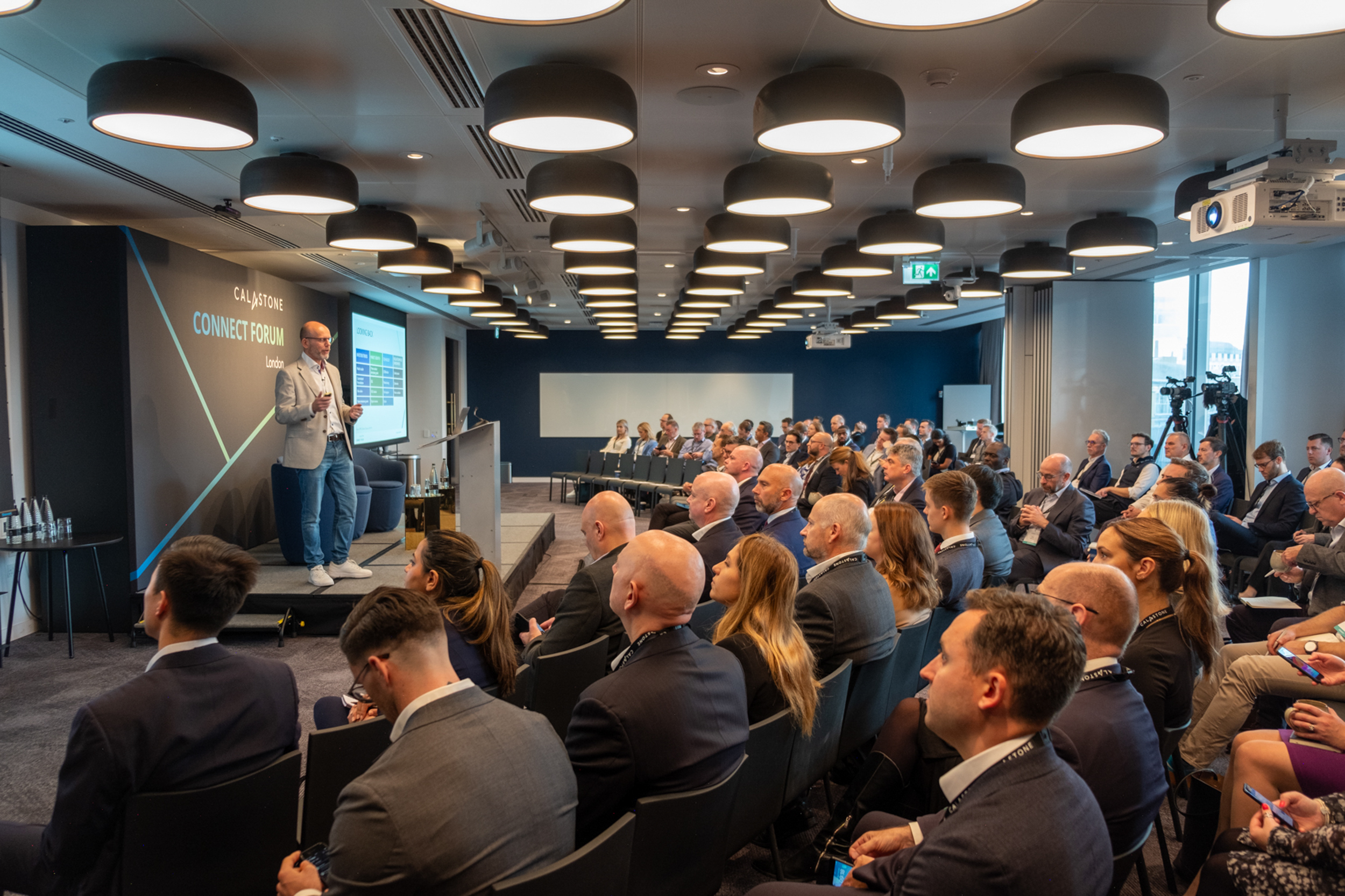There is a problem at the heart of Australia’s managed funds industry and it needs fixing. It is costing firms a lot of money. It is tying up resources. And it is impacting end-investors who often don’t receive the service they expect or sometimes even the price they anticipate.
It’s all down to reconciliations. While this isn’ta top 10 Google search item, reconciling payments to the right trades is nonetheless the key to making the settlement process work. Right now, there are too many things that can go wrong.
In recent years, the industry has made great strides automating the way it routes fund orders between platforms, fund managers and registries (with a helping hand from Calastone). But, when it comes to processing payments, multiple teams of people can be involved in matching payments to trades across organisations as they seek to meet daily cut offs. This is the ideal feeder for problems such as late payments, which can have significant implications for firms.
Why is the reconciliations process hampered by payments inadequacies?
As industry practitioners in Australia, we know that when an investor invests in a fund they’re expected to make immediate payment. Payments are bundled up and sent by batch files overnight. Although those payments are then credited for the previous day (trade date), fund managers and registries don’t see any details of them until the following morning – trade date plus one, or T+1. Watch an animation of the end-to-end process here.
This is when the process of reconciling investors’ payments with individual trades begins. But this a process fraught with issues. Batch processing may be the cheapest approach, but the banks’ overnight payment files cannot carry additional information, such as identifiers, to accompany the payment. Those sending orders may not discover the cash issue they are in until the next day, which can lead to missed value and a significant headache for both sides.
Plentiful scope for errors
Unscrambling payments and reconciling them with an individual trade is only part of the problem. Working out what’s missing and fixing mistakes can be a nightmare.
Lots of things can and often do go wrong. We have heard of issues with the processing of payment files thanks to hitches with a bank portal. Sometimes payments don’t go through because someone has forgotten to get the necessary approvals or there were insufficient funds in the buyer’s account to cover the purchase.
Less frequently, but more damaging in many ways, a payment may be misallocated to the wrong trade or trades, or even duplicated. Working out who is due what can take a disproportionate amount of the operations team’s time. The unwinding cost can be sizeable given the time and effort required to identify and rectify the issue.
For the end-investor, one or other of these issues can mean a trade gets pushed on a day and they miss their value date. That, in turn, can result in a ‘good value’ claim and a penalty from missing the previous day’s price or value.
All of this is costly. It is also a negative for the brand. In a highly competitive marketplace, investors can be unforgiving of poor service experience. In addition, the rise in interest rates over the past couple of years has amplified the opportunity cost of being out of the money for any length of time.
Transparency through simplicity
At Calastone we have automated the payments and settlement process to provide real-time oversight. By transforming the reconciliation process, it allows firms to spot payment issues on trade date. Importantly, every payment (and order) has a reference attached – meaning users quickly identify each trade to which the payment relates.
All parties can see their trades as they build up on trade date. For a distributor, for instance, this means they can check that their requests have gone through and been processed. And fund managers and registries can start their reconciliations on the afternoon of trade date rather than waiting until the following morning.
Using the New Payments Platform, payments go through in near real time. Moving cash earlier means firms can identify problem earlier.
Big gains in efficiency and service levels
Our new Settlements service brings huge gains in efficiency. Together with Calastone’s Order Routing service, firms can now enjoy a straight-through trade to payment process.
It also means better governance and oversight. Full audit reports are available so everything can be tracked. For investors, missed value dates will become a thing of the past.
Automation of settlements transforms the costs picture as firms grow. A scalable solution such as Calastone’s Order Routing and Settlements removes the need to keep expanding the back-office headcount as each new volume threshold is passed.
It has the power to do more. Saying goodbye to manual reconciliations may not sound like much. But automating settlements to complement the existing automation in trading gives the managed funds industry the opportunity to offer service levels akin to those investors and consumers have come to expect in direct investment and online banking.
That is important. The funds industry has a fiduciary responsibility towards its customers as stewards of their capital. As regulated entities, fund managers are on the line for any deficiencies in service or performance. Resilience and efficiency, built on automation, are important elements in building trust.
Calastone Order Routing and Settlements is an automated, end-to-end order routing, settlements calculation and payments solution that lets firms instantly send and receive fund trades with any counterparty while trades are settled using any bank and any currency. This gives firms a holistic, real-time view of all their global fund trades, settlement positions and liquidity requirements.
Find out more here!





















